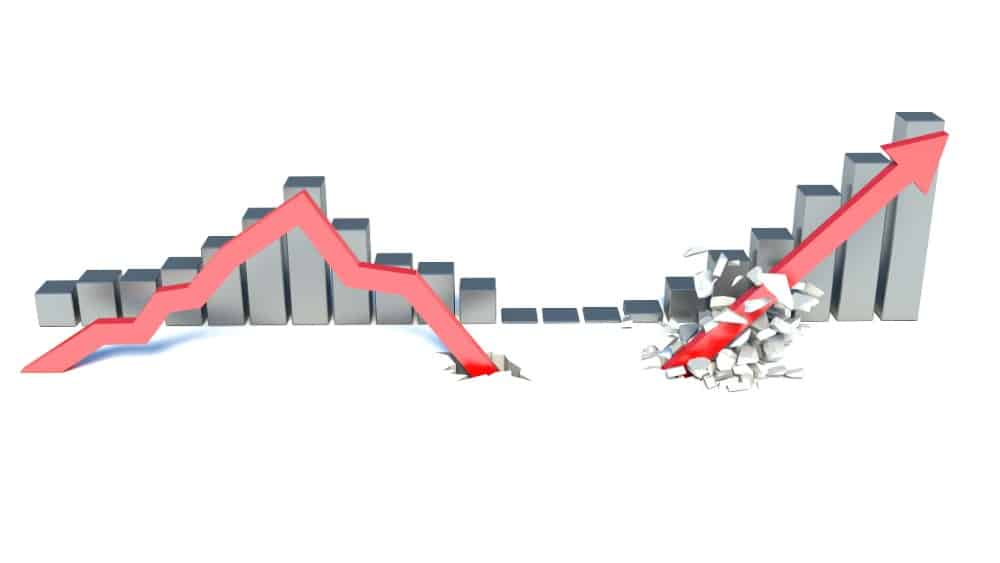No one has ever conquered the market cycle. When economic booms turn to unexpected busts, even the most experienced investors tend to stumble. Losing money and regretting decisions is a natural part of being an investor. Even Warren Buffett’s investment conglomerate shed billions in value during the 2008 global financial crisis.
While professionals and the so-called “smart money” can’t predict or time market crashes, they do tend to act differently when economic red flags start to appear. Better preparation and a smarter strategy seems to be the only difference between investors who survive market crashes and those who never recover from their losses.
With that in mind, there are three ways you can emulate the world’s most battle-hardened investors and handle the next market crash like a pro:
Shun debt
Leverage is a double-edged sword. When times are good and the market is booming, corporations tend to get seduced by easy leverage and exaggerated returns. The era of low interest rates has made this even easier.
Now, Canadian corporations are sitting on a debt load that is 113% of the nation’s gross domestic product and over 315% of net annual income. In other words, companies have bitten off more than they can chew.
During market crashes, banks tighten the purse strings and the economy is deprived of liquidity, which makes it harder for heavily indebted companies to pay back borrowers or to keep financing their operations.
Subprime mortgage lender Equitable Group is a clear example of a company exposed to too much of the wrong type of debt during the late stages of the market cycle.
Focus on essentials
So-called defensive stocks are companies that provide services that so mundane and necessary that their fortune is disassociated with the wider economic cycle. Hospitals, electricity providers and waste collection companies tend to be insulated from the market, making them ideal spots for parking cash and retaining value during a crash.
Waste Connections and Fortis are probably the best examples of defensive stocks for recession-wary investors, but there are plenty of other options as well. The key is to focus on services and products that consumers can’t cut back on even when their income diminishes.
Shift to value over growth stocks
By definition, a value stock has limited downside. If the market price is already depressed below intrinsic value, investors don’t have much more to lose when the market crashes.
Academic research appears to suggest that these value stocks with lower price-to-earnings or price-to-book ratios tend to outperform growth stocks (higher price-to-sales ratio) or momentum stocks during recessions.
Shifting portfolio allocations could take a while, so it’s best to get started early if you’re anticipating a market crash.
Bottom line
There’s no way to predict or avoid a recession fully. If a market crash occurs, you can expect at least a little dent in the value of your portfolio.
However, by shifting the strategy early, avoiding heavily indebted companies, focusing on fundamental value and picking defensive stocks, you could mitigate the damage considerably.


